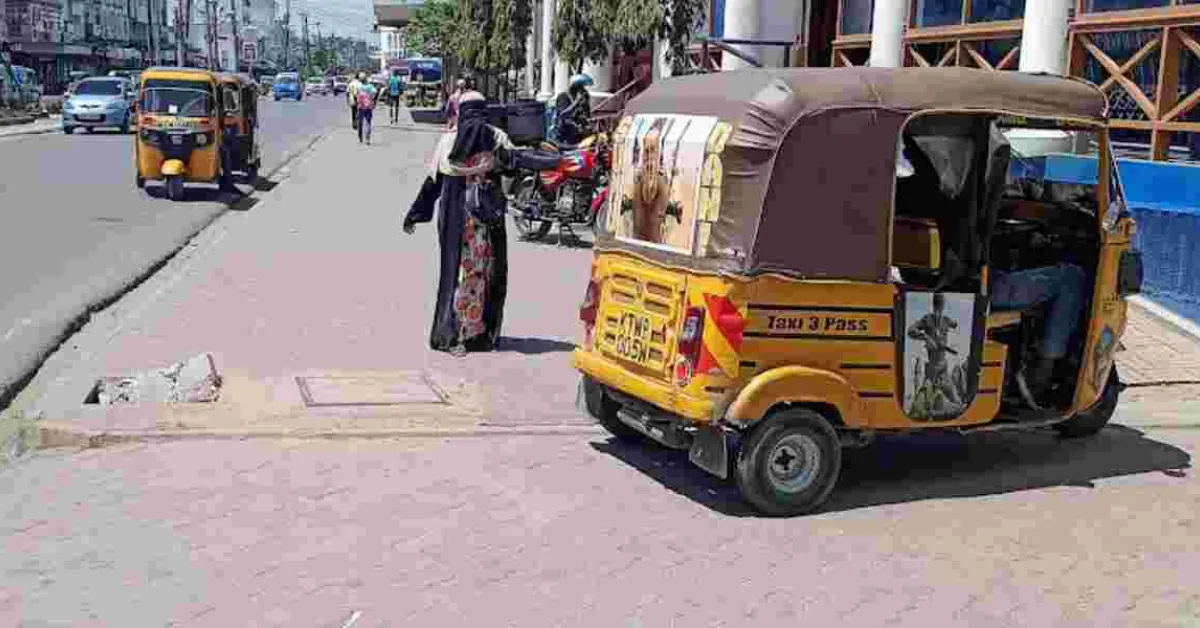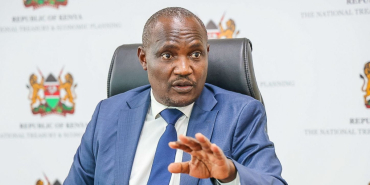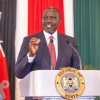Mombasa Embraces Electric Tuk-Tuks for Green Revolution

The transition to electric tuk-tuks in Mombasa is gaining momentum, heralding a green revolution in the city's transportation sector.
Stakeholders are urging the county government to create an enabling environment to facilitate this shift, as the current infrastructure is deemed insufficient to support a complete transition. Electric tuk-tuks have been met with enthusiasm from drivers like Mustafa Amin, who appreciates their quiet operation and cost-saving benefits. Amin reports significant reductions in fuel costs and maintenance expenses, resulting in improved profit margins and a better quality of life for his family. The recently launched Piaggio electric tuk-tuk, which comes with a one-year warranty, boasts an impressive range of up to 120km on a single charge.
Car & General Managing Director David Chesoni views the introduction of electric tuk-tuks as a crucial step towards realizing Mombasa's vision of becoming a green city. However, he acknowledges that the transition will be gradual and emphasizes the need for robust infrastructure to support it effectively. George Rubiri, General Manager at Car and General, highlights the economic significance of the tuk-tuk industry in Mombasa, estimating its worth at approximately Sh10 billion annually. The electric tuk-tuks are available in two designs: one with a fixed battery that can be charged at various locations, and another featuring swap technology.
A partnership with Shell aims to facilitate battery swapping, mirroring the convenience of traditional refueling stations. Currently, there are 20 charging stations in Mombasa, with plans to establish more in public spaces through collaboration with the county government. Mombasa County Trade, Tourism, and Culture Executive Mohamed Osman has pledged to ensure a supportive environment for tuk-tuk operators and suppliers. The county assembly, represented by Kipevu MCA Leila Nyache, is committed to combating climate change and aligning with the global shift towards electric vehicles.
The Kenyan government has demonstrated its commitment to enhancing climate action by adopting low-carbon and efficient transportation systems. President William Ruto has expressed support for innovative, clean, and sustainable energy technologies to reduce greenhouse gas emissions, provide affordable transport, and stimulate growth in the electric vehicle industry. The President has identified the adoption of electric mobility as a priority intervention to address pollution challenges, particularly noting the prevalence of two and three-wheeler vehicles among lower-income populations.














Add new comment